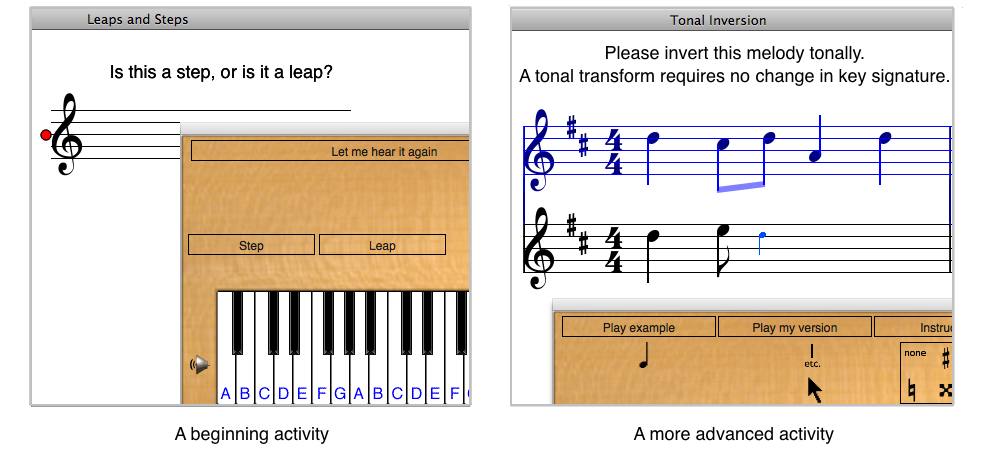

The individual bones are the malleus, incus and stapes (also called hammer, anvil and stirrup bones). The vibrations are transmitted through the middle ear by three tiny bones called the ossicles that are connected together.

The sound waves cause the ear drum to vibrate according the the frequencies in the sound waves. Sound waves enter your ear through the external auditory canal and hit the ear drum (also called the tympanic membrane). How your ears work – information flow The Outer Ear The image below shows the flow of information: vibrations in the air being translated into nervous impulses that are sent to your brain, which interprets these signals as sound. We’re going to start with a quick summary of how your hearing works, then move on to talk about ear training and how it can help you to be a better music producer. So, wouldn’t you like to have magic ears too? Well ear training will help you to achieve this. There will be plenty of other examples of producers with magic ears. I have heard Rod Stewart say this about Tom Dowd, and David Bowie said it about Tony Visconti. They sometimes describe the producers as having amazing abilities and “magic ears”. You may have heard famous musicians talk about record producers with awe. Then they wonder why the music they produce doesn’t get the love they think it should, especially from other musicians and producers. They don’t think it’s a particular skill, and they don’t think it’s something you can learn. People often think that understanding pitch, harmony, rhythm, and the overall sounds in music is just something you’re born with. Or, they might have undertaken a specific ear training program to develop their skills. They may have done their ear training without realizing it, soaking up the knowledge as they worked in music production over a long period of time. It’s ear training that lets these musicians and producers hear things other people can’t hear. Maybe you can tell that it sounds a bit off, but you don’t know why. They can hear when someone is singing slightly flat, or when the drummer is dragging the beat, or the piano sounds too harsh. When you work with experienced musicians and music producers they often seem to have the instinctive ability to recognize things in the music that others can’t.


 0 kommentar(er)
0 kommentar(er)
